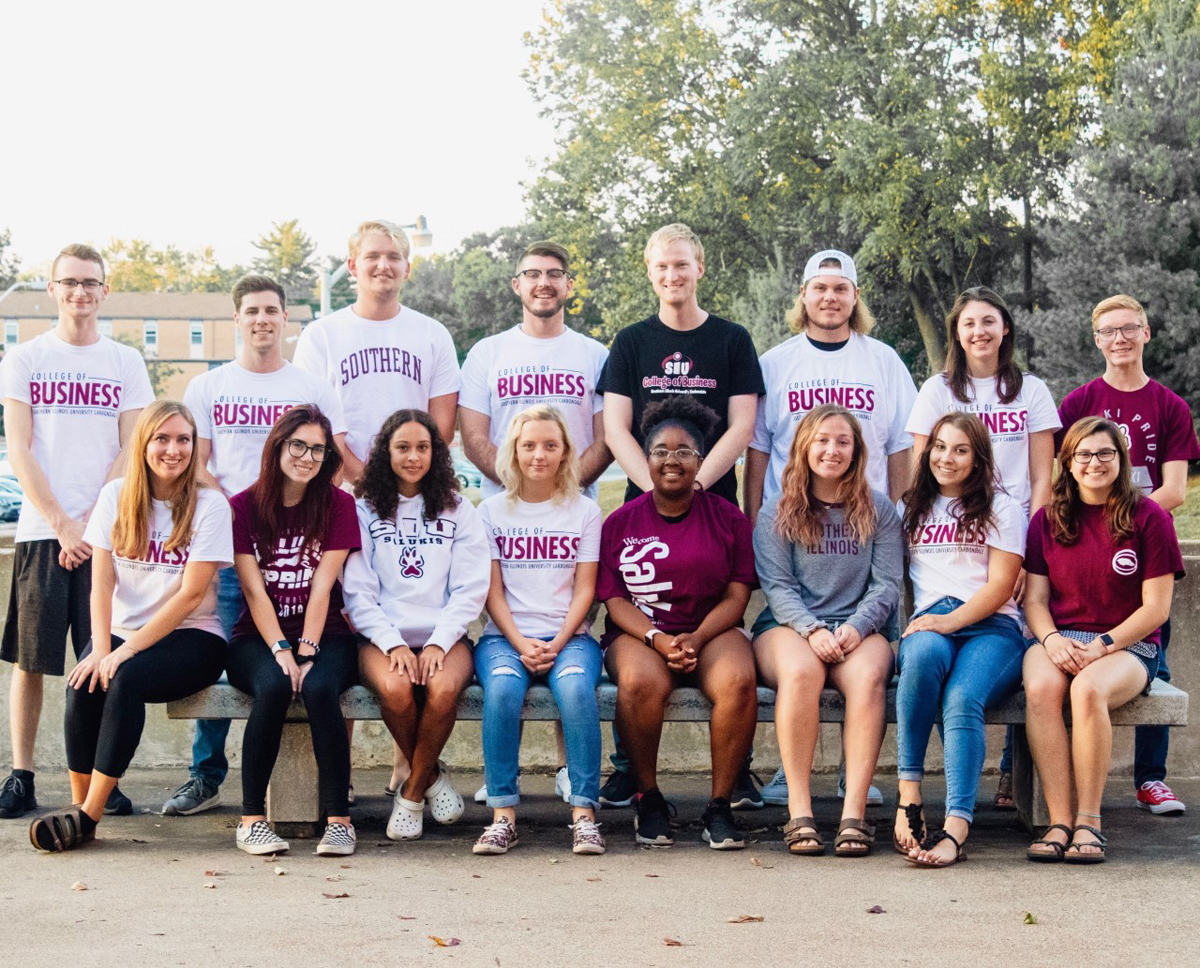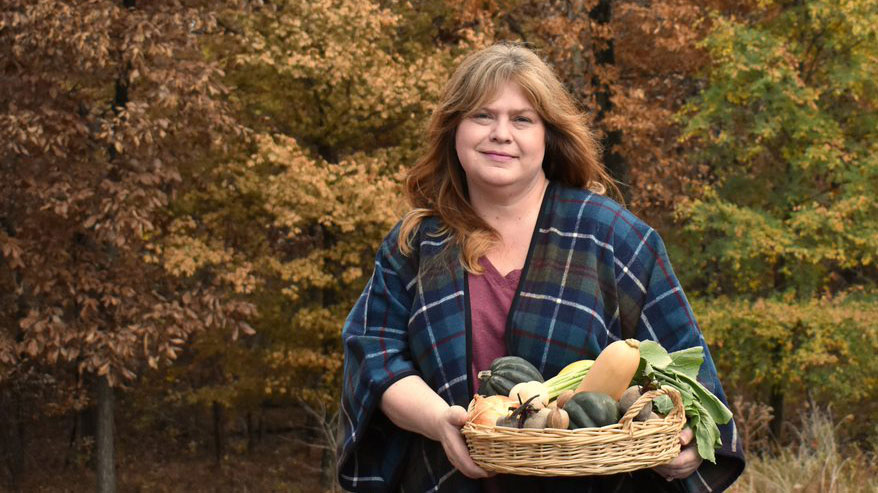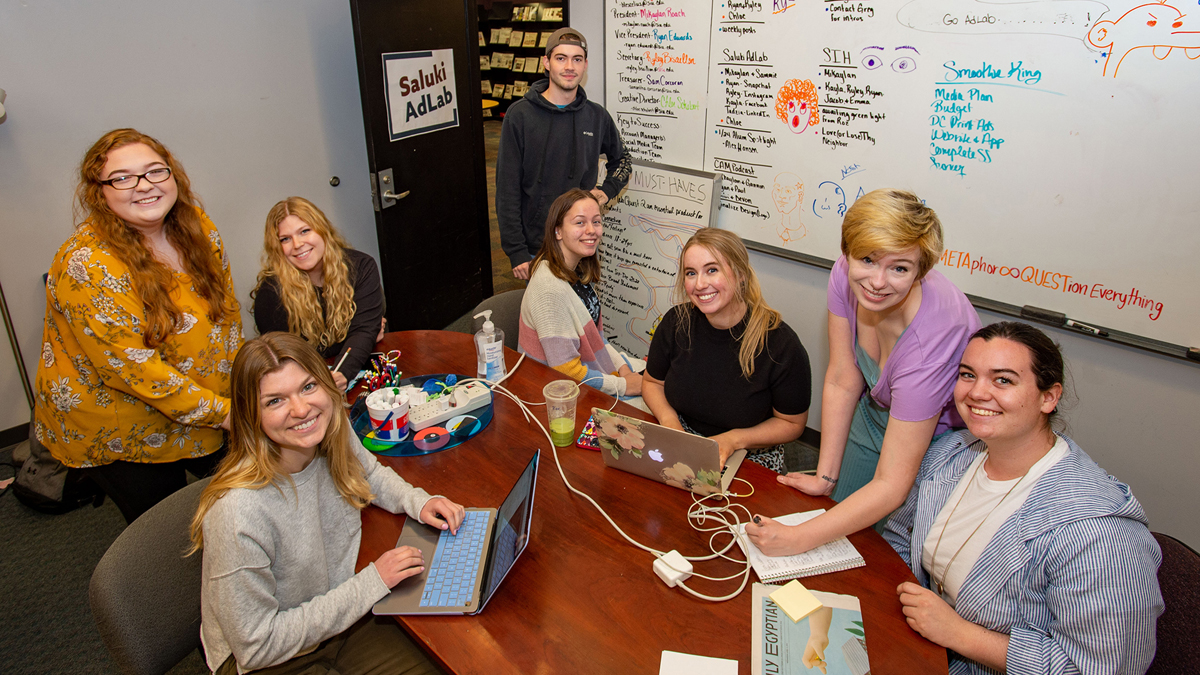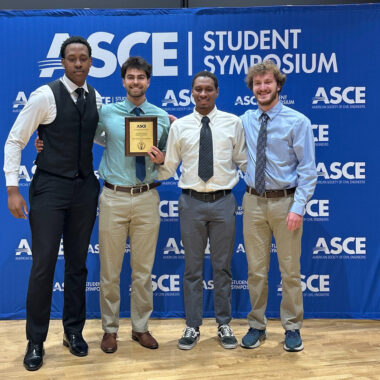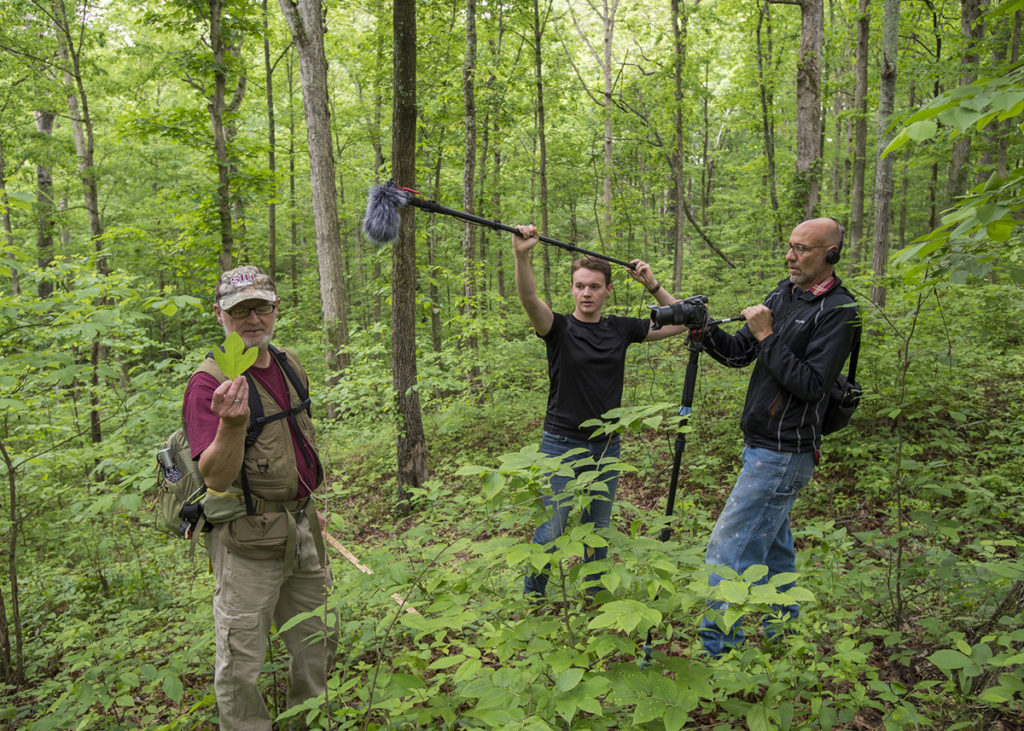
For Kaitlyn Anderson and nearly 20 other students in Southern Illinois University Carbondale’s Forest Resource Summer Field Studies class, now is the time they expected to be in the midst of the great outdoors.
The annual course has traditionally been taught on-the-ground, as students explored in person areas including Land Between the Lakes, Missouri Ozarks and the Great Smokey Mountains National Park. They also had opportunities to meet agency managers and see up close forest treatments including invasive species control prescribed burning and harvesting activities.
The move to all-online courses for the summer could have put the course at risk. However, an innovative approach by Department of Forestry faculty and the SIU’s Center for Teaching Excellence ensured that the class was available this summer.
Along with walking through local forest areas in the region, the students are making virtual site visits and more from their own homes. The four-week intercession class began May 11.
“Considering the limitations at hand, I believe this class is being run very effectively,” said Anderson, a senior in forestry who will graduate in December. “The videos are interesting and very informative; they add a unique element that sets this course apart from other online courses. I believe the instructors have done well to provide a well-rounded experience to a course that was never meant to be online.”
Valuable resource
Forestry Professor Charles Ruffner credits Greg Wendt, a video production and photography design specialist with the Center for Teaching Excellence for being “instrumental” in filming various sites, along with interviewing landowners and managers for course content and followed by production work. Each of the five videos the class relies on ranges from 18 to 20 minutes, Ruffner said.
“I could never have done this summer camp without his expertise, willingness to go to remote field sites, and his friendly disposition to get quality film,” Ruffner said.
Still some outdoor requirements
Ruffner explained that instead of having the summer course driven by a forest’s location, the class became “objective driven,” which he noted “has worked out fairly well.” Students are able to view the short introductory videos and representative articles on the particular topic. They make virtual, short field visits to their “local” forests and complete a written assignment to weave the module together.
Anderson is from Elgin but is staying in off-campus housing in Carbondale for the duration of the summer camp. She visited the nearby Fernlands Nature Preserve to fulfill the requirements for her outdoor assignments.
After graduation, Anderson said she plans to get a job in the natural resources field, hopefully working with children and young adults and focusing mostly on environmental education and interpretation.
Returned from summer sabbatical
Ruffner said he was on a semester sabbatical that was to take him to Lithuania to conduct fire history research and introduce prescribed burning to the forestry community in that country when the pandemic restricted travel. Once the decision was made at SIU to conduct the online camp, department faculty came together to assist in the planning, Ruffner said.
Ruffner is still working remotely with his Lithuanian colleagues “but the students here came first, particularly those ready to graduate.”
